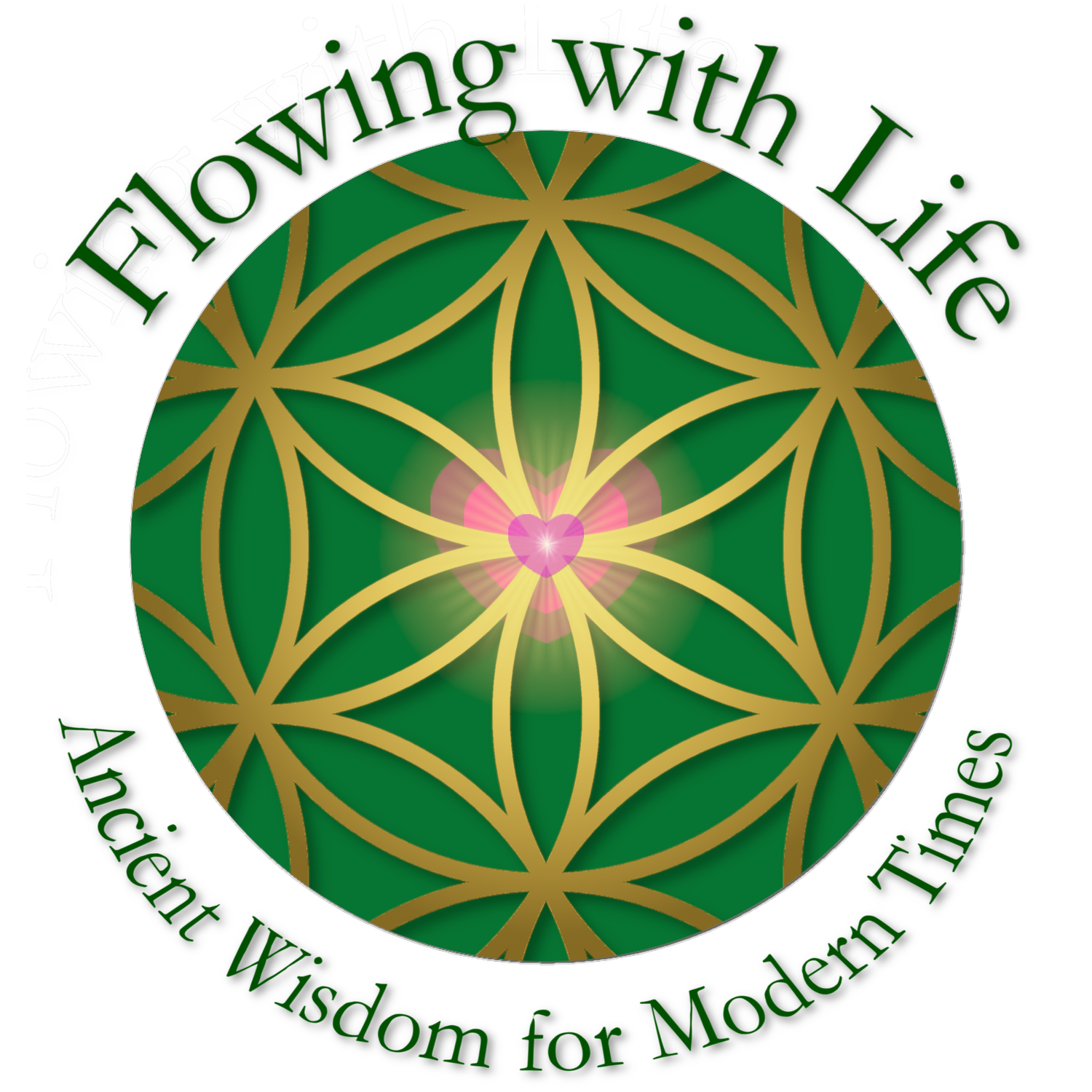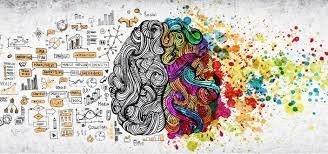Dealing with Authority
We all have to do it and most of us don’t like it. So let’s talk about what might help instead of all suffering alone! In a hierarchical society, most of our lives are structured by authority. (As an aside, for those who think that societies must be hierarchical to thrive, I warmly encourage you to check out David Graeber’s very short little book, Fragments of an Anarchist Anthropology. It’s very enlightening in this regard and also an entertaining read.)
David Graeber, anarchist anthropologist who pointed out many societies around the world live cooperatively. Perhaps ours could, too!
Whether we’re finding issues arising with our boss, politicians, parents, teachers, medical professionals or anyone else, we might notice an emotional pattern that comes up when we have to ‘deal with authorities.’ Do you see how we make ‘them’ into a whole separate kind of person? In our modern societies, influenced so heavily by the American fetishisation of power and control along with our own imperial legacy, we are trained to see each other not as people, but as either ‘authorities’ or those lacking authority. In other words, the powerful and the powerless.
I wrote here recently about how this feeling of powerlessness can lead to resentment, and would like to look a little more at the social problems this can cause. For example, we see widespread movements of people attacking medical authorities for their opinions about a variety of issues, including how to take care of ourselves through the global pandemic. Then we see others attacking those people, saying they are stupid (i.e., not authorities) and so on. We see similar assaults on the dignity of others in debates around Scottish Independence, gender identity, climate change and numerous other issues.
Whatever opinions you or I may hold, my point here is to gently draw attention to the unhealthy dynamics of our modern divided societies. According to psychiatrist Iain McGilchrist, in his groundbreaking book The Master and His Emissary: The Divided Brain and the Making of the Western World, this division in our societies is directly connected to a sense of division within ourselves. By putting such a strong emphasis on rational, linear and logical thought over and above creative, non-linear and intuitive awareness, we have limited ourselves profoundly. Instead of the different aspects of our intelligence working together, we have one side trying to control the other. Sound familiar?
We see here the logic of colonialism which claims to bring the light of reason to those who don’t know any better. This is also the logic of sexism which claims that the way of thinking culturally associated with masculinity is superior to that linked with femininity. We could go on and on, looking at all kinds of isms and hierarchies, of course. But rather than spend forever intellectually dissecting the problem, perhaps we might prefer to focus on solutions.
Can we learn to see past the appearance of authority and recognise the human being beneath it all?
So let’s return to the question of how to deal with authorities. And here’s a radical idea – that the solution might be to look at how to relate to ‘them’ as people. If we’re having trouble doing that, for whatever reason, we might decide to look within ourselves at what is making it difficult for us. I’m not suggesting this out of some misguided notion of pathologising anti-authoritarianism, but rather looking at how we can make life easier for ourselves and, perhaps ultimately, move beyond hierarchy.
If Iain McGilchrist is right, and I think perhaps he is, anything that helps us cultivate our creative, non-linear and intuitive awareness is a tremendous support not only to our own wellbeing, but to our culture (and our world) as a whole. In other words, undermine the internal authority that tells us we have to be rational and in control of life (as if that were possible) and we help, little by little, to release that same tyranny in our social, political, economic and familial structures.
So I ask you, dear reader, is there something that calls to you that you tend to think of ‘a waste of time’ or maybe that you’re just ‘too busy’ for? Maybe you used to like writing poetry or painting. Maybe when you were a kid, you would sit by beside a burn just watching the water flow past and listening to the birds. Maybe you wish you had more time for gardening, or yoga or meditation. When was the last time you curled up with a good book and switched off your phone? Notice if your mind thinks of things like this, whatever they may be for you, as less important than work or other commitments. If we’re not committed to our own wellbeing, how can we really contribute to the wellbeing of the world?
Rather than trying to balance ‘work’ and ‘life’, what if we learn to work together the way we want to live our whole lives. Just imagine, if our places of work and decision-making were not full of the politics of power games and authority issues. Instead, they could places where we relate to each other as creative equals in order to contribute to the needs of all, including ourselves. Our homes, our communities, all of life can be like this if we are willing to open to the natural harmony of life.
Of course, if we want to hang on to living a divided life, in conflict with ourselves and the world, that’s ok, too. Life does not impose a standard way of living on us. (Sorry to say, we do that to ourselves.) But life does seem to invite us to explore possibilities. Whether on your own or in creative collaboration with others, what might your heart be calling you to explore?
Originally published in Bella Caledonia









